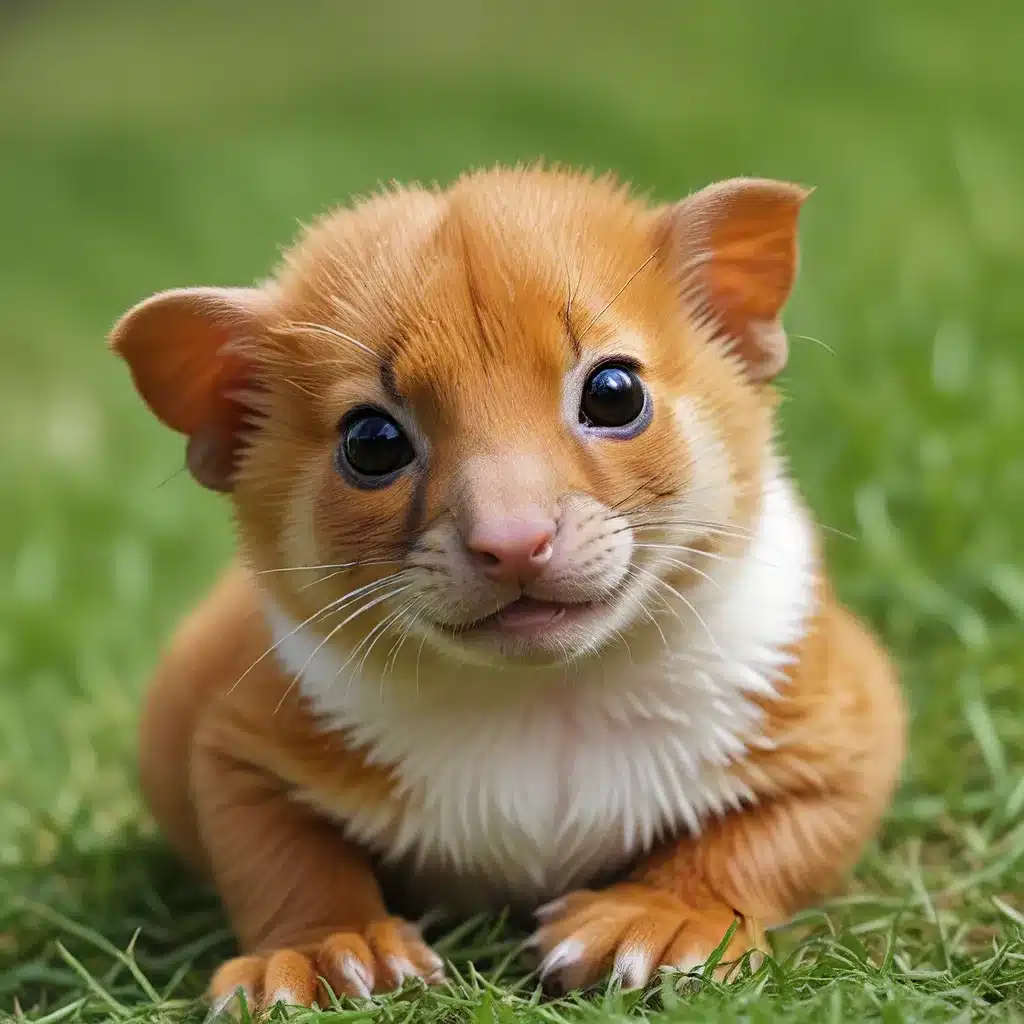
The Perils of Profit: Why Captivity Isn’t Enough
Ah, the age-old debate surrounding zoos and exotic pets. It’s a topic that’s been hashed out time and time again, with impassioned arguments on both sides. But as an avid animal lover and someone who cares deeply about the welfare of our furry (and scaly) friends, I’ve got to say – the scales have tipped firmly in favor of more ethical breeding practices.
Let’s be real here, folks. Zoos and pet stores aren’t exactly animal sanctuaries, are they? Far too often, these establishments prioritize profits over the well-being of the creatures they’re meant to protect. I mean, have you seen the cramped, inadequate enclosures that some of these poor animals are forced to call home? It’s heartbreaking, to say the least.
And don’t even get me started on the whole “conservation” argument. Sure, some zoos and breeders claim to be saving endangered species, but the truth is, the vast majority of captive animals aren’t even in danger of extinction. They’re just being held hostage for our own amusement. It’s the ultimate bait and switch, and it makes my blood boil.
Debunking the Conservation Myth
Look, I get it – zoos and exotic pet breeders want to make a quick buck. But at what cost? The cost of robbing these animals of their freedom, their natural behaviors, and their very essence? It’s a price that’s simply too high to pay.
Consider the case of the California condor. Once on the brink of extinction, this majestic bird was rescued from the brink thanks to the tireless efforts of zoos and conservation organizations. But let’s not kid ourselves – the vast majority of captive condors aren’t being reintroduced into the wild. They’re just, well, captive.
And let’s not forget about the countless other species that are being held in captivity, not for conservation, but for pure entertainment value. Like that poor polar bear, pacing endlessly in its tiny enclosure, destined to live out its days in a climate that’s completely foreign to its nature. It’s a heartbreaking sight, one that should make us all question the morality of these so-called “zoos.”
A New Frontier: Ethical Breeding Practices
But there is hope, my friends. Because there’s a growing movement towards more ethical breeding practices for exotic pets. And let me tell you, it’s a game-changer.
These forward-thinking breeders aren’t just churning out animals for profit. Oh no, they’re taking a holistic approach, prioritizing the health, happiness, and natural behaviors of the creatures in their care. It’s a far cry from the cookie-cutter approach of traditional pet stores and zoos.
Take, for example, the team at Golden Exotic Pets. These folks aren’t just breeding reptiles and amphibians – they’re creating custom habitats that mimic the animals’ natural environments, ensuring that their furry (or scaly) friends can thrive. And get this – they even educate their customers on proper care and handling, so that these exotic pets can live their best lives, even in captivity.
The Power of Passion and Empathy
You see, when it comes to exotic pets, it’s not just about the bottom line. It’s about fostering a deep respect and appreciation for these incredible creatures. It’s about recognizing that they’re not just playthings, but sentient beings with complex needs and behaviors.
And that’s where the real magic happens. Because when we approach exotic pet ownership with a genuine passion for their well-being, when we put in the time and effort to understand their unique requirements, that’s when the captivity conundrum starts to fade away. It’s about creating a future where these animals aren’t just surviving, but thriving.
So, the next time you’re tempted to visit a zoo or plunk down your hard-earned cash for that cute exotic pet, I implore you to think twice. Because the truth is, the future of these incredible creatures doesn’t lie in captivity – it lies in ethical breeding practices that prioritize their welfare above all else.
It’s a bold new frontier, my friends, and I for one can’t wait to see where it takes us. Who’s with me?

